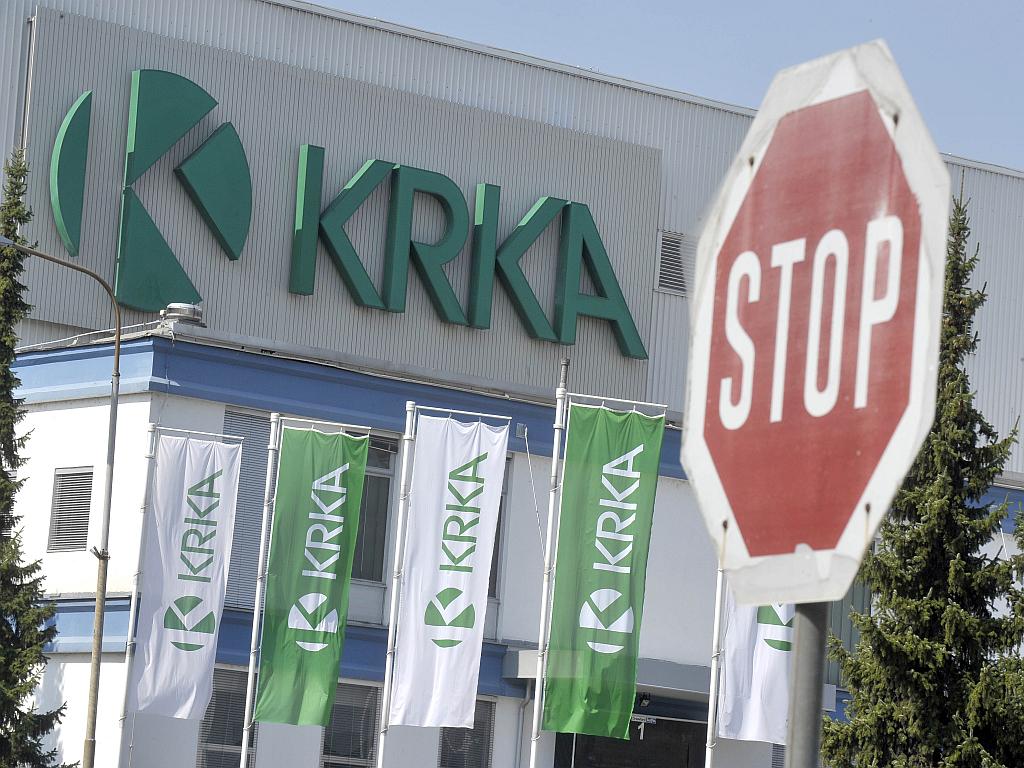Through SDH and the KAD fund, the State holds a 27-percent stake in Krka. SDH decided to make the announcement after discovering that Krka’s stocks in its portfolio were its worst performers last year, and that Krka’s profit margin, at seven percent, is considerably lower than that of industry competitors. Krka has increased its drug sales, but its profit margin has declined. Currency issues on the Russian market are one reason for the decline.
All eyes are now on Jože Colarič, who has been headed the company since 2004. What is his strategy? The generic drug market is undergoing a price war. Will Colarič take over foreign pharmaceutical companies or invest much more in immunotherapy drugs? At today’s shareholders’ meeting, SDH will replace from three to nine supervisors, including Anja Strojin Štampar, the Vice Chairman of Krka’s Supervisory Board and a former member of SDH’s Management Board. By making changes to the Supervisory Board, SDH hopes to give Krka an incentive for a turnaround in profitability.
However, Colarič’s position is not under threat, since the state of corporate governance under his reign has been exemplary. He does not have an easy job distributing funds among investments, production facilities, the employment of young people, and the needs of shareholders. At today’s meeting, the dividend-per-share rate will also be set. The Board has recommended an increase compared to last year: 2.75 euros per share. Small shareholders want more: 3.50 euros.
Maja Derčar, Radio Slovenija; translated by J. B.


































































